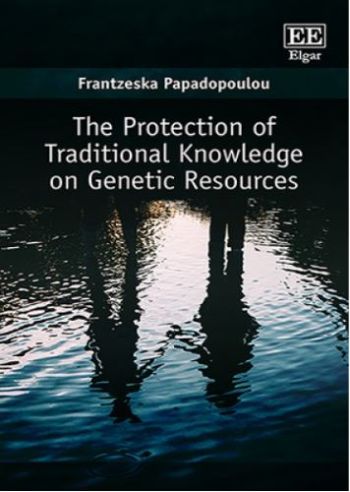
Traditional knowledge protection methods are becoming increasingly out-dated in the face of modern challenges. Focussing on the protection of traditional knowledge and related genetic resources, this book is the first of its kind to amalgamate a novel theoretical framework with the practical applications of the combined theories of Rawls and Coase.
The Protection of Traditional Knowledge on Genetic Resources analyses various means of protection for traditional knowledge that cohere with Rawls’ and Coase’s specific objectives regarding fairness and efficiency. It utilises flexibilities provided by binding international conventions in the field in order to propose alternative methods to protect different forms of traditional knowledge. Frantzeska Papadopoulou reaches the conclusion that property, liability and reward systems are forms of protection that fulfil the fairness and efficiency criteria whilst remaining compliant with the general international legal framework.
This book is ideal for international property law and development academics and policy makers, especially those working on international property rights (IPRs), as it proposes a novel methodological framework for the evaluation of IPRs.